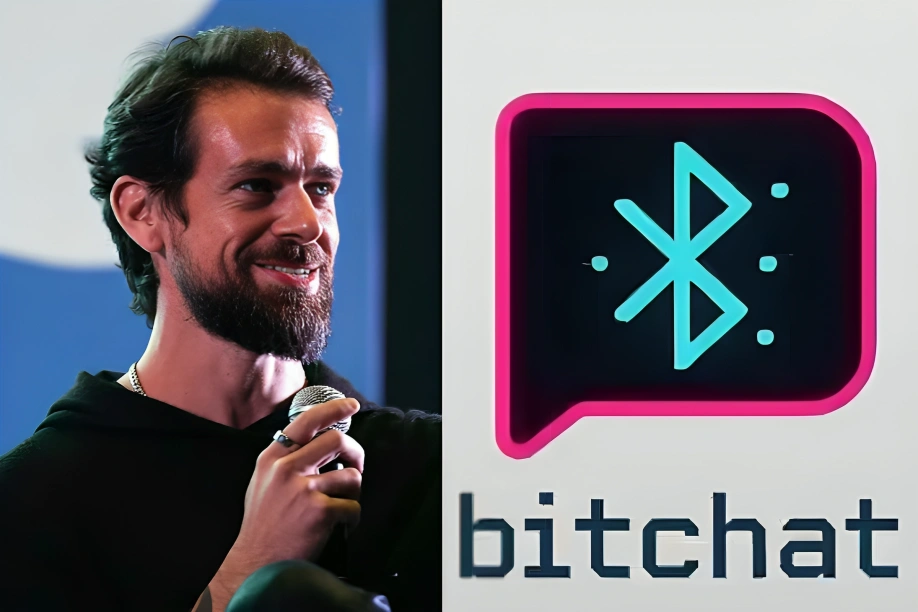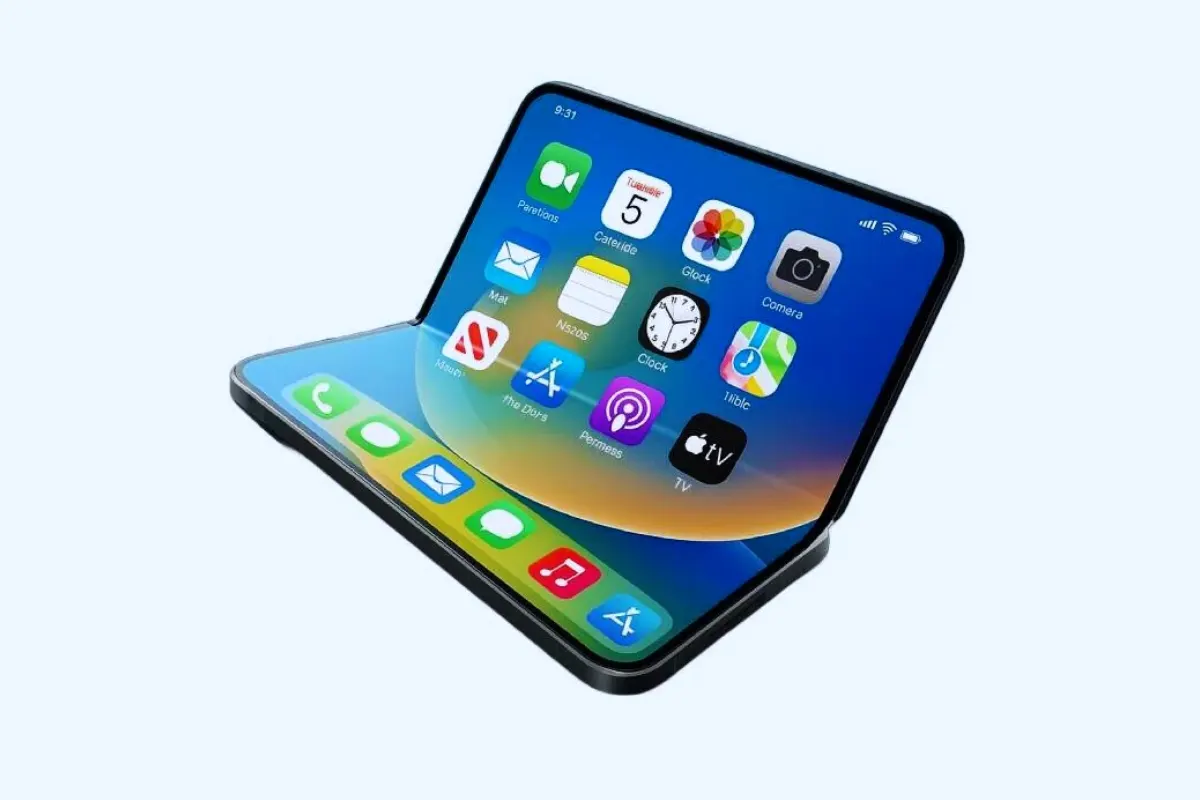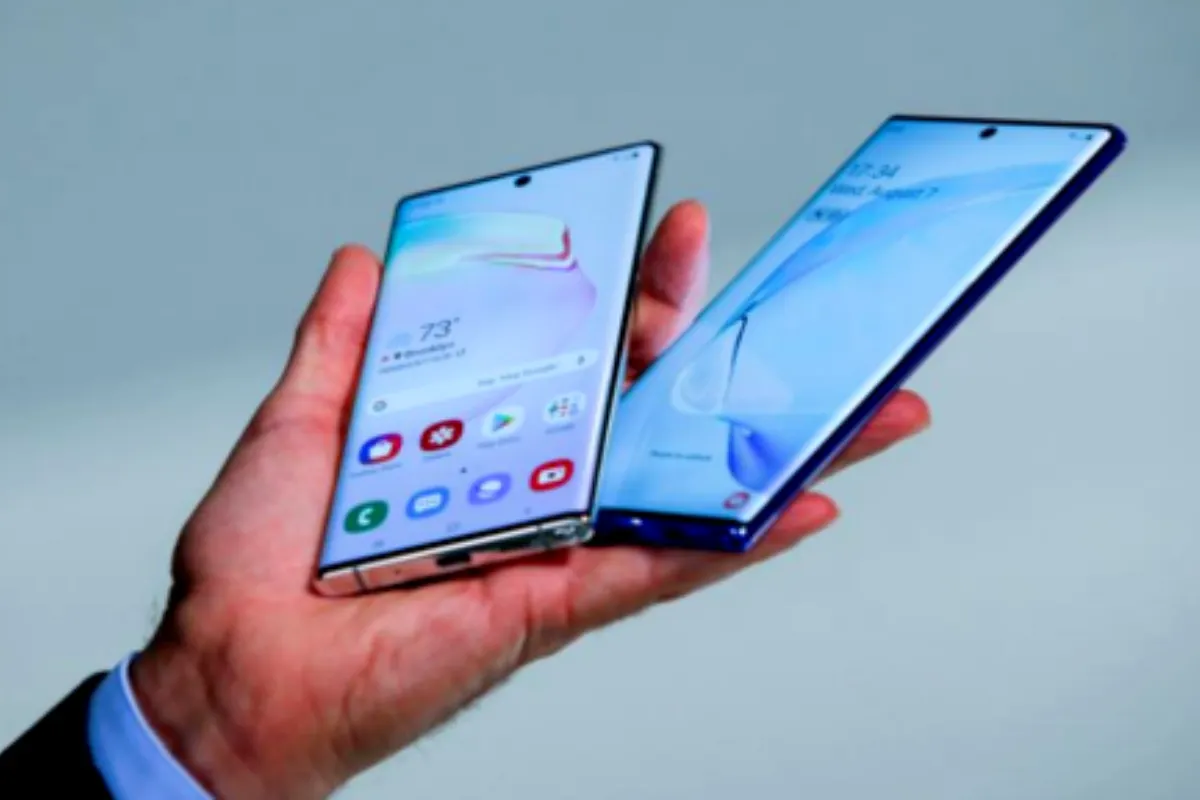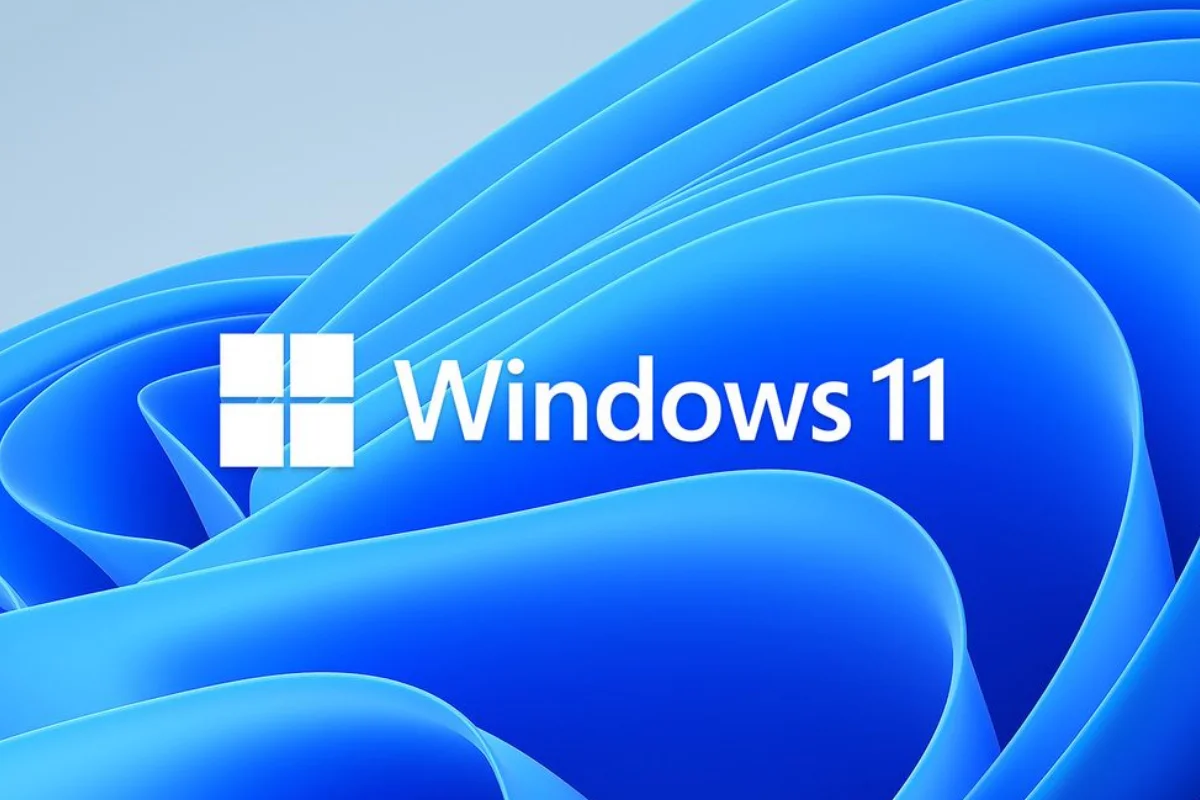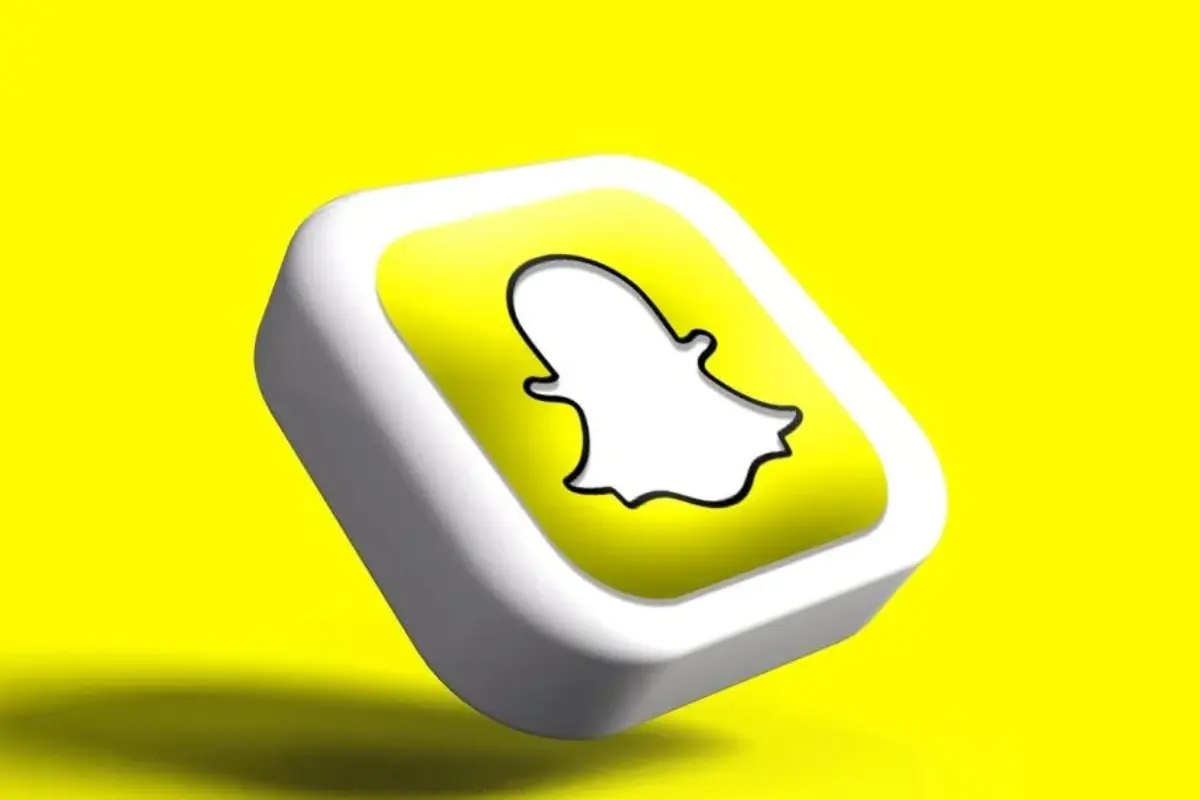Jack Dorsey, co-founder of Twitter (now X) and current CEO of Block Inc., has introduced a new messaging app called Bitchat. What sets Bitchat apart is its ability to function without internet or cellular service, using Bluetooth mesh networking to allow users to message each other directly, even offline.
Dorsey revealed on X that he built a basic version of Bitchat over a weekend as a way to explore technologies like Bluetooth mesh networks, relays, and message encryption. He described it as “Bluetooth mesh chat… IRC vibes,” and shared links to its GitHub repository and Apple TestFlight testing page.
How Does It Work?
Bitchat sends messages from one phone to another using Bluetooth. Messages can travel up to about 300 meters (984 feet). If the person you want to message is farther away, your message hops through other nearby phones until it reaches them. This way, there are no central servers involved.
Key Features
No phone numbers, emails, or accounts needed
Messages are stored only on your device and disappear by default
Supports group chats, called “rooms,” which can be password protected
Messages are end-to-end encrypted, so only the sender and receiver can read them
Who is It For?
Bitchat is useful when internet is unavailable or blocked, such as during emergencies, big events like festivals, or in countries where online communication is restricted. It’s also popular with journalists and activists who want private, secure messaging.
Bitchat Availability
Bitchat is now in beta testing on iOS through Apple’s TestFlight and has already hit the 10,000-user testing limit. There is no Android version or public release date yet. Dorsey said future updates might add Wi-Fi Direct to improve speed and range.
Bitchat Significance
Bitchat is part of Dorsey’s ongoing effort to build decentralized, censorship-resistant tools. It gives users control over their communication by removing central servers and data tracking.
Dorsey says, “This isn’t about competing with WhatsApp or Signal. It’s about exploring what’s possible when you remove the central servers and give power back to people.”
This isn’t Dorsey’s first venture into decentralized tech. He has previously backed Nostr, a decentralized social networking protocol, and launched Bluesky, an alternative to X. Privacy advocates say Bitchat aligns with Dorsey’s mission to create tools resistant to surveillance and censorship.
According to the app’s white paper, Bitchat is built to support secure and resilient communication without relying on centralized systems. Messages are end-to-end encrypted, meaning only the sender and recipient can access their contents—even as the message relays across other devices.
While mesh messaging apps like FireChat and Bridgefy gained popularity during the 2019 Hong Kong protests, they eventually faded. Experts believe Bitchat may stand out thanks to Dorsey’s involvement and the increasing demand for secure, decentralized communication.
Currently, Bitchat remains a personal project. However, Dorsey suggested future versions could incorporate Wi-Fi Direct, which would improve speed and range.
“By leveraging Bluetooth Low Energy mesh networking, Bitchat enables direct peer-to-peer messaging within physical proximity, with automatic message relay extending the effective range beyond direct Bluetooth connections,” Dorsey wrote in the app’s white paper.
Because there are no servers or user accounts, Bitchat doesn’t track or collect data. This has drawn interest from journalists and activists who work in high-surveillance environments.
Although still in beta and limited to a small number of testers, Bitchat is already gaining attention.
“This isn’t about competing with WhatsApp or Signal,” Dorsey said. “It’s about exploring what’s possible when you remove the central servers and give power back to people.”
Read More: WhatsApp’s New Threaded Replies Feature Will Fix Your Group Chat Chaos- Here’s How
